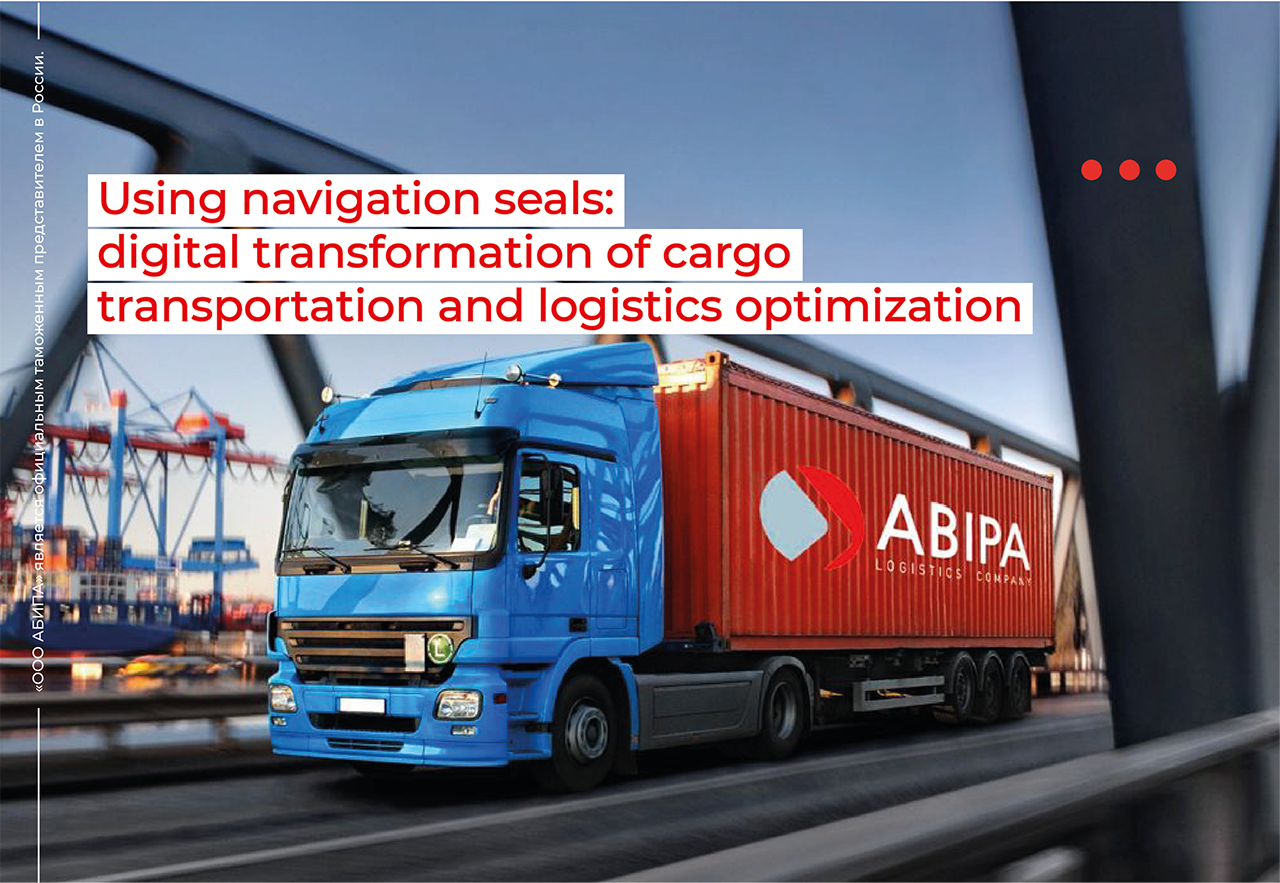The introduction of navigation seals continues on the territory of the countries that make up the EAEU. In Belarus, since December 8, 2021, their use has become mandatory for goods imported from Poland. Prior to that, this rule was in force for goods from Lithuania. Exceptions continue to apply to road vehicles in transit from the Kaliningrad region, heavy-lift and large-size goods, for which a special permit is required, as well as when a carrier chooses a customs escort service.
During the first wave of coronavirus, the use of navigation seals was voluntary, whereas now the use is gradually becoming mandatory for many countries. The device is installed on a railway carriage or truck at the border and removed after arriving at the destination. It consists of an electronic unit and a sealing element which is sometimes replaced with a special fastening device. The control of the navigation seal is carried out using a mobile application operating in the GLONASS system.
“Smart seals” which were first tested in 2018 on Russian-Kazakh cargo transportation, are a lock and at the same time an on-board computer. The devices ensure compliance with the legislation of the EAEU countries on the international transit of goods and their safety and reduce the number of customs control measures. With the help of electronic seals, the transportation chain is controlled by both state bodies and companies participating in foreign economic activity.
The use of devices minimizes the human factor and reduces the probability of violations at or after the customs checkpoint. Due to their application, the delivery time of goods from one country to another is reduced.
ABIPA experts note that the introduction of navigation seals had little effect on the cost of cargo transportation. Reusable devices for monitoring the transportation of goods are rented by the carrier; its price depends on the timing of the services provided. Although in some countries, due to the expansion of the scope of use, the cost of seals has increased. Thus, in December 2021, the carrier will have to pay 290 Belarusian rubles (about 8,400 rubles) for the installation of the device and tracking the cargo in Belarus, i.e., twice more than the previously established tariff.
The use of navigation seals contributes to cargo safety by excluding access to it by third parties and allows the carrier to respond to emergency situations in a timely manner. The governments of the EAEU countries plan in 2022 to increase the use of electronic devices for the cargo compartments of trucks and railway cars. Such measures directly affect the interests of foreign economic activity participants, since they contribute to the optimization of international logistics processes.
